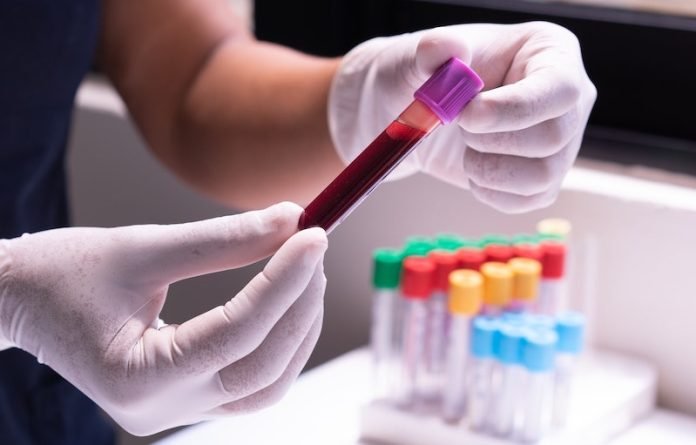
In a study from the National University of Singapore, scientists found low levels of ergothioneine in blood plasma may predict an increased risk of cognitive impairment and dementia in older people.
The findings suggest possible therapeutic or early screening measures for cognitive impairment and dementia in the elderly.
Ergothioneine (ET) is a unique diet-derived compound discovered more than 100 years ago by Charles Tanret.
However, it was only in 2005 that scientists discovered a transporter specific for ET that facilitates the uptake and accumulation of ET in the body.
ET is avidly retained in the human body following oral supplementation. ET can be transported to almost all organs, although higher levels can be found in specific cells and tissues such as the blood cells, eyes, liver, lungs, and even the brain.
However, evidence of whether a low level of ET in blood plasma can predict the progression of cognitive impairment and dementia was unknown.
In the current study, the team examined 470 elderly patients and followed them for up to five years at the Memory, Aging and Cognition Centre.
The researchers measured ET levels in the blood plasma of the participants and followed their cognitive and functional abilities at different time points.
They then examined the link between low ET levels and the risk of cognitive and functional decline over time.
The researchers found that participants with lower levels of ET displayed poorer cognitive performance at the start of the study and an accelerated rate of decline in cognitive and functional abilities over the follow-up period.
The team also found structural changes in the brain seen from MRI (magnetic resonance imaging) scans of the participants.
This suggests that the association between a low ET level in blood and cognitive decline was due to underlying disease pathology.
These structural changes, including reduced cortical thickness, lower hippocampus volume, and white matter hyperintensities, are characteristic of neurodegenerative disease.
Based on this study, the research team hopes to gather further evidence of ET’s preventive and therapeutic potential through a double-blinded placebo-controlled clinical trial.
If you care about dementia, please read studies about Vitamin B9 deficiency linked to higher dementia risk, and scientists find new drugs for incurable vascular dementia.
For more information about brain health, please see recent studies that cranberries could help boost memory, and these antioxidants could help reduce dementia risk.
The study was conducted by Barry Halliwell et al and published in the journal Antioxidants.
Copyright © 2023 Knowridge Science Report. All rights reserved.



